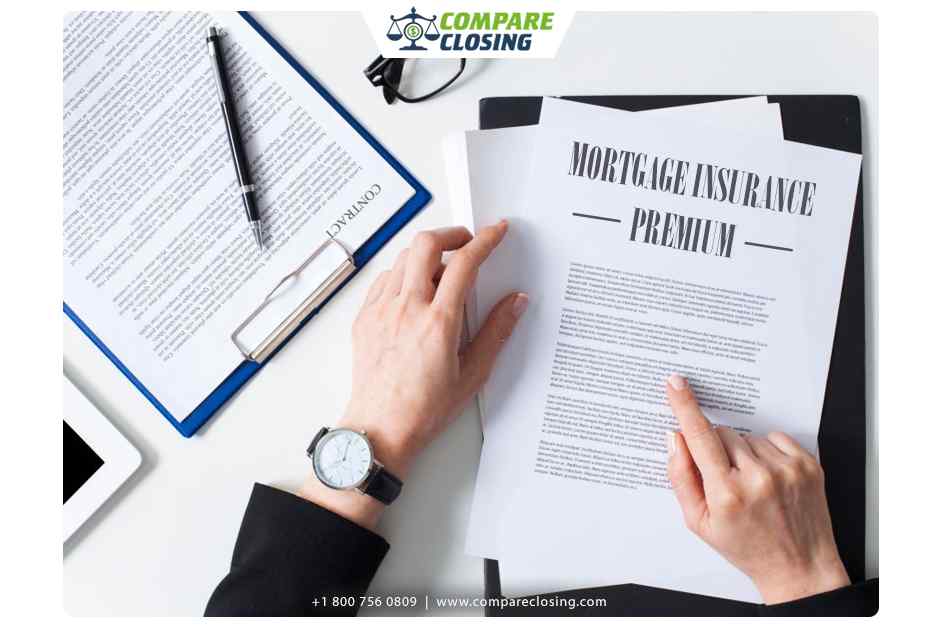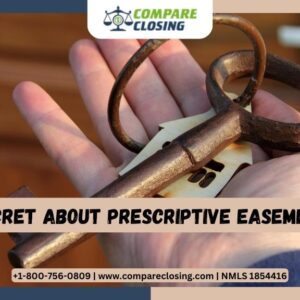Table of Contents
- What Are Netting Escrows & How Does It Work?: The Best Guide - January 2, 2024
- The Secret About Prescriptive Easement: Top Guide 1 Must Know - December 4, 2023
- About Home Equity Loans In Texas And How Can One Obtain It - November 27, 2023
What Is Mortgage Insurance Premium (MIP)?
When homeowners take out loans backed by the Federal Housing Administration (FHA) then they need to pay mortgage insurance premium (MIP).
Along with allowable mortgage interest, mortgage insurance premiums were deductible until the 2017 Tax Cut and Jobs Act.
But tax deductions for MIP and private mortgage insurance (PMI) for 2020 and retroactively for 2018 and 2019 are allowed by the Further Consolidated Appropriations Act of 2020.
MIP is used by FHA-backed lenders to protect themselves against higher-risk borrowers who are more likely to default on loans.
Every borrower is required to have mortgage insurance when they take FHA mortgages.
Understanding Mortgage Insurance Premium (MIP)
Defaulting is a key concern with the FHA loans because they come with a down payment as low as 3.5% and also a credit score which is as low as 580, hence mortgage insurance premiums (MIP) is used as a tool to protect themselves against higher-risk borrowers by the FHA-backed lenders.
In a conventional loan if the down payment amount is less than 20% of the property’s purchase price only then a borrower needs private mortgage insurance (PMI) policies but with FHA mortgages, every borrower is needed to have mortgage insurance.
An upfront premium of 1.75% of the total loan amount and an annual premium of 0.45% to 1.05% is required for each FHA loan.
The upfront premium payment is at the loan issuance. From the term of the loan, the amount borrowed, and loan to value ratio you would be able to determine the exact yearly cost.
The loan’s payment amount will reflect the annual premium divided by 12 months along with the principal payment each month. escrow amounts for property taxes and homeowner’s insurance coverage are the other charges that are usually included in the monthly fee.
Qualified Mortgage Insurance cancellation
The buyer may cancel the PMI once they pay 20% of the loan’s value or after the loan is 11 years old if they are using a conventional loan.
But this reduction is not possible with the FHA. The origination date of the loan is what it is dependent on.
- You may ask the lender to cancel the MIP, if your loans were originated between December 31, 2000, and July 3, 2013, and if you have paid off at least 78% of the loan to value (LTV) amount.
- You must pay the MIP for the life of the loan if your loan is originated after July 3, 2013, and at loan origination, you made a down payment of less than 10% of the home’s value. Only by refinancing an FHA loan into a non-FHA product, you can remove the qualified mortgage insurance (MIP) from it.
Even if you qualify for a conventional loan and need to pay private mortgage insurance, you as a borrower should look at FHA loans to determine which is the better deal.
If you have a low credit score and can make a 10% down payment, it is better you opt for an FHA mortgage.
Sometimes few lenders may also provide a separate loan to cover the down payment amount.
It is beneficial if you talk to your tax accountant, financial advisor, and your bank to see which loan makes the most sense for your situation.
Tax Implications of Qualified Mortgage Insurance Premiums
Your lender will send Form 1098 Mortgage Interest Statement to you and the Internal Revenue Service (IRS) every year.
Your mortgage payments over the past year are listed in this form and can affect your income tax. Box 5 of the form will have the total amount of the MIP or PMI premiums.
You must itemize your deductions using Schedule A under the interest paid section to claim a deduction for either type of mortgage insurance.
With the passage of the Tax Cuts and Jobs Act of 2017 the deduction for these premiums expired on Dec. 31, 2017.
But the deduction was passed by the Further Consolidated Appropriations Act, 2020, and was extended by Congress to Dec. 31, 2020.
This means that the deduction was available for the 2019 and 2020 tax years, and retroactively for 2018 taxes.
Special Considerations
The advantage of the deduction for qualified mortgage insurance premiums (MIP) cannot be taken by everyone.
Your qualification depends on your filing status and adjusted gross income (AGI).
For every step over the allowable borrower’s AGI limit, the deduction reduces by 10%. For those earning over $54,500, or $109,000 for joint filers it completely disappears.
Conclusion
All FHA government-backed loans have MIP attached to it. FHA loans that have low down payments, as low as 3.5% in some cases have MIP associated.
It usually lasts for 11 years or the life of the loan unless you refinance into another mortgage program once you reach a 20% equity.
Amanda Byford
Amanda Byford has bought and sold many houses in the past fifteen years and is actively managing an income property portfolio consisting of multi-family properties. During the buying and selling of these properties, she has gone through several different mortgage loan transactions. This experience and knowledge have helped her develop an avenue to guide consumers to their best available option by comparing lenders through the Compare Closing business.





